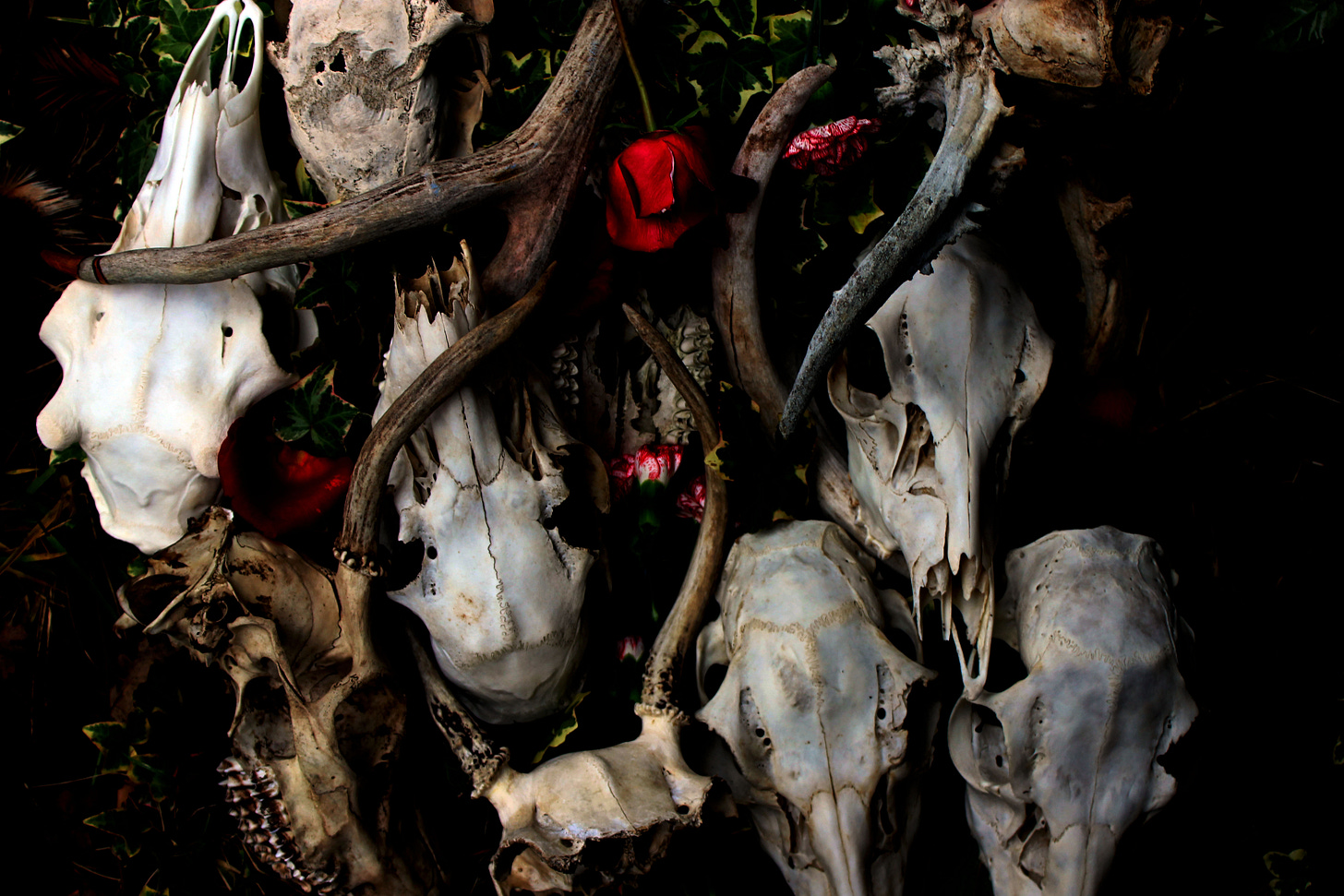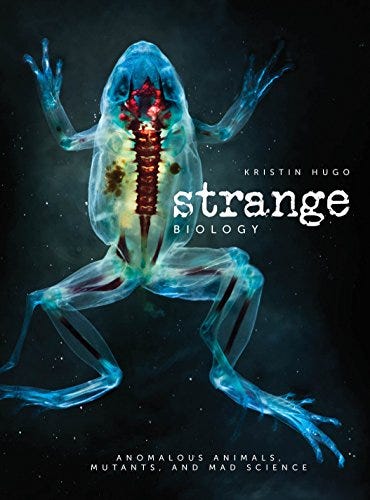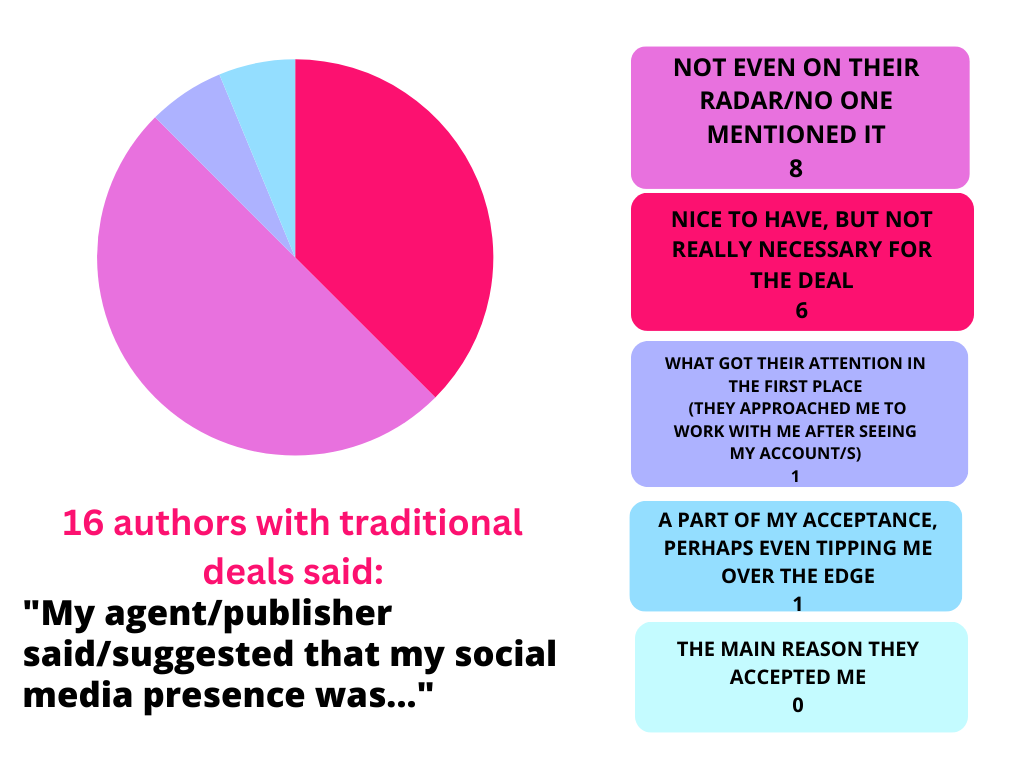Do you really need social media? Agents & trad signed authors weigh in!
+TOMORROW: August Meeting & Webinar on Why Nonfiction Book Proposals Fail
Sending this reminder a day early so you can take advantage of the resource below!
Here is the info for tomorrow’s meeting:
August Authors’ Meeting
Google Calendar Link
Sunday, August 25 · 5PM PST/6PM MST/7PM Central/8PM EST
Video call link: https://meet.google.com/exj-cgto-bxp
Tomorrow! Free Webinar on Why Nonfiction Book Proposals Often Fail
Jane Friedman is a book professional who offers several resources for authors, including many for nonfiction!
Tomorrow, August 25, 2024, 12 PST/1 MST/2 CST/3 EST, she is hosting “Why Nonfiction Book Proposals Often Fail.” Register here, and submit your proposal for critique if you haven’t sold it yet! Here is the description:
If your nonfiction project has been rejected, you might think publishing trends are working against you or that your platform simply isn't big enough to attract an agent or publisher. That may indeed be the case.
But other problems are often hiding in plain sight that lead to rejection: (1) your proposal is focused on yourself (or the book's content), and not the reader, (2) you haven't demonstrated your knowledge of the readership, (3) you've explained your book rather than pitched it, and (4) you haven't answered the questions "why now?" or "why me?"
Using examples submitted by attendees (that's you!), Jane will discuss how proposals can be strengthened and revised for a chance at greater success.
To submit your proposal for potential critique:
And while I’m here, I did a ton of work trying to answer this question that we’ve all speculated on…
“Do I need social media to get a book deal?”
There are some amazing writing groups online, but many are clogged with the same 10 questions every day. “Do I need an agent?” “How do I market my book?” “Do I need to change the names of the people I portray unflatteringly in my memoir?”
Oh my god, please use the search.
I urge caution when asking this of internet strangers, as a lot of the answers in these groups are nonsense, spread by presumably well-meaning people who don’t have experience, just speculating. (Or, in one case, someone admitted to spreading lies about traditional publishing being evil because “they had it coming” for apparently not respecting her self-published books enough.)
One of those common questions with the mostly-nonsense answers is “Do I need social media (or a big following) to get a book deal? (Spoiler: NO.)
I’ve written about social media a lot before (see: TikTok advice and Using Social Media to Know Your Audience here on Substack and Schould Science Journalists be on TikTok? on Medium) Instead of only telling you about my personal experience, I thought I would ask real agents and survey some people with trad deals to see if and how social media impacted them. I’ll include my own story, but you can skip it if you just want to get to the data.
This newsletter/group is free but I’m very grateful for any support. If you want to contribute, click “subscribe” above, or if you want to contribute a different amount of money, like $10, I have PayPal.
If you would like to donate to a 501(c)3 charity instead, I suggest a $10 donation to Small Town Community Cats (where I got my beloved Bijou) or the Wyoming Arts Alliance. I’d love it if you could mention me/ANBIP in the note of the donation, just because I’m curious to see if and how much this may result in.
My Writing Career and Social Media
In a very brief summary, I’ve used social media like Tumblr and TikTok in order to produce the content I liked without pitching editors, to learn what I like, to engage with the community, and to learn about and from my audience.
I started using social media as a content-hosting platform (for readers interested in certain topics like biology, rather than just for keeping in touch with friends) around 2012 with my Tumblr blog Strange Biology. This became what I believe was (is?) the most popular biology blog on Tumblr. It earned every recognition Tumblr offered, and you can still buy the short book and shirts/merch that came out of it!
As my resume got stronger with an MS in Science Journalism and experience writing about science for Nat Geo, PBS Newshour, Newsweek, and Bay Nature, my resume featured my social media less prominently. Still, I think my work in blogging and video creation has helped open some professional doors for me. I have worked a handful of gigs with “social media” in the title and I have made some short videos professionally for Ripley’s Believe it or Not! I also was the runner-up for a job at the most-visited natural history museum in the world making videos for them, because of my science video creation experience. So, in addition to helping your writing career, paid gigs and jobs in social media content creation exist. To me, they have all the same value as writing—sharing engaging and important information with others.
In 2018, MIT Press was interested in my book proposal, even though my personal social media presence had staled a bit at that point, and I didn’t even have TikTok.
In 2020, I started TikTok for fun. I mostly posted bike rides, stencil art, and not-very-good rollerskate dances. Just whatever I wanted. When I moved to Wyoming, the account’s focus shifted to mostly bone-hunting and info about dead animals. That’s when it started getting popular.
In 2022, I signed with an agent who later said that, yes, my social media was a factor in deciding whether to sign with me. MIT Press ended up being my publisher—and remember, they were interested before I even had TT. In fact, I almost forgot to mention it to them, even though I probably had over 100k at the time (now 215k.)
Today, my social media presence revolves around the same topic as the book: dead animals. I’ve given four talks on TikTok/vertical video for science communicators and may do one or two more soon.
Are my pages popular?
Yes. >300k followers across platforms.
Do I enjoy making the content?
Yes! I don’t make it a chore or anything, I only post when and what I want.
Does my page seem like an advertisement for the book?
No. It’s fun to follow even if you never want to buy another book in your life.
Will my social presence help sell the book?
That’s the future, so I don’t know. I’ll try to make that happen and share what I learn if this group still exists when the book comes out.
What does a nonfiction author/journalist post on social media?
Feel free to check these out but please do not follow if you don’t want to see dead animals. Following and not following is not personal. (Also, I’ve heard it’s bad to have non-engaged followers, so asking all your extended family to follow may be counter-effective if that’s true.)
I’m just showing you these in case you’re wondering how a nonfiction author might present their content without focusing much on the meta-content of being an author. (Occasionally I remind people that there will be a book, and share my successes, though.) And, hey, if you do like them, then do follow.
TikTok: RollBones, 215,000 followers
Tumblr: Strange Biology, 71,000 followers
(TT and Tumblr are not too gross due to content restrictions, but the below accounts sometimes are gross!)
Facebook: Carcass: The Afterlives of Animal Bodies, 15,000 followers, 8,300 likes
Instagram: CarcassAfterlives, 11,000 followers
Flickr: Strange Biology 36 followers (not much!)

What about other writers?
I asked authors with trad contracts to tell me if and how social media affected their trad contracts.
Here is what they said:
Interesting facts from the responders:
Snapchat, Tumblr, and TikTok:
None of the responders had any book- or writing-related accounts on Snapchat, Tumblr, or TikTok.Facebook
Some responders had decent Facebook followings, at 30k, 4k, 3.2k, and 2k.
Twitter
The highest follower counts from any platform came from Twitter, with responders saying they had 60k, 20k, 16k, 11k, and 5k!
Here are some comments people made about Twitter/X:
“I'm glad Twitter helped me get a trad book deal before Elon Musk flushed it down the drain!” [11k Twitter followers, $60k+Bonus Advance]
“I actually got my book deal because of Twitter, due to the old PitchWars.” [2,500 Twitter followers, $2,500 advance]
“People assumed that my Twitter following would ensure high sales. In fact, sales were lower by far than expected. The book received excellent reviews but is considered a failure.” [60,000 Twitter followers, $250,000 advance]
Professional Writing Experience
So, if social media isn’t the defining factor in your book deal, what about professional writing experience or genre? I mapped them here:
Other interesting quotes:
The editors and marketing people I spoke to were very excited about my connections across the publishing world, e.g. all the editors I've worked with as a freelancer. No one mentioned social media at any time that I remember. My book sold at auction with several offers. A pleasant surprise that how I understood "platform" was incorrect! [$205k advance, nonfiction non-memoir]
I started my socials and blog long before I ever submitted to my publisher. I had people who followed me because of my content about history, teaching, Syracuse basketball, TV shows I talked about, and I also shared news about the work of author friends. My publisher utilizes social media for promotions but whether I use them or not is up to me. [$0 advance, fiction]
People who claim you need social media to land a trad deal, or that you need social media to become a successful author, are chatting complete nonsense. [Didn’t specify advance, both nonfiction and fiction]
I think the connection is a bit overblown / misunderstood. Having a huge following (tens or hundreds of thousands, not like a few thousand) can help you get a deal, I suspect, but NOT having a following won't be a dealbreaker if they like your idea and believe they can sell it. I think "you don't have a platform" is just one of those things publishers say to say... no? [$35k advance, reported/memoir hybrid]
About this survey:
You can see the data here. Feel free to copy and make your own pivot tables, graphs, or whatever you want. I’d be happy to share what you make, or if you want me to make something, I might.
Two people responded after I wrote this post, which is why there are 18 on the sheet.
I did not fill it out myself.
Entries were disproportionately (presumably, compared to the number of books written) nonfiction non-memoir writers because that’s who I targeted (ie, this group and other groups I’m in.) 8 were nonfiction, 1 was reported/memoir hybrid, 7 were fiction, 1 was self-help, 1 was self-help/memoir, and 1 had both fiction and nonfiction contracts.
All entries had to be from people who have/had trad contracts (or, claimed to.)
Some fields were optional, which is why the last chart doesn’t have 16 dots.
18 entries is not a lot, but hey, I just posted all that stuff about myself, and I’m just one person.
Check out the original survey here. You can fill it out too and I’ll read the responses, but I don’t promise I’ll re-make these charts. Maybe if I get enough I will so I can share them at my next TikTok/social media/vertical video presentation.
Things may have changed now. The contracts came from 2014-2024. If you want to filter the data by age of contract, you could check that out.
I’m happy to hear input as to what I can do with this info or how I can improve it!
What do the agents say?
I asked three agents about how social media affects their decisions to sign or not sign an author. (Emphasis is added.) One agent said:
More important than social media is whether the author has a unique voice and whether I think the story will resonate with readers. If the story is interesting, if the story carries across the book (ie not just an anecdote), if the author has meaningful expertise in a topic and has done substantial research, those are the important earmarks.
On the other hand, sometimes a project is all about social media numbers. For ex, this would be the case with a "how to" project --how to cook, how to play backgammon, how to pick vegetables...
Another agent said:
[I don’t have a minimum follower count to sign someone,] though a nonfiction author without any sort of platform does give me pause. They need to be backed up in some sort of way, whether that's through being an expert, academically published, or something similar.
And another agent:
A stronger social media following is sometimes a ticket to the acquisitions meeting, but ultimately the decision still rests on the merit of the book itself. But assuming all other variables are the same, a stronger social media profile will get more offers than the same book without that following.
…
In nonfiction, that following has to already exist in a big way before the book comes along. This is because an author of nonfiction has to be an acknowledged expert in the topic that they're writing about; we have to care what they say about that subject before we are willing to crack open the book. Publishers are desperate for data on potential sales, and social media followings give them a number for how many people care about what that author has to say, providing them (theoretically) an estimate for possible book buyers, and a lead on how to reach them.
…
In a way, [Kristin’s social media] played pretty strongly for this particular topic. I was drawn to the proposal, but I thought I might be an outlier in that respect... dead animal bodies doesn't immediately strike me as something lots of people would be interested in looking at and learning about! So [Kristin’s] strong social media platform, and particularly the engagement on the posts themselves (more than the follower count), gave me a sense that my own interest was not an outlier.
Given the emphasis on proving oneself and one’s topic, I might recommend social media more strongly to someone who hasn’t yet done that. How well can you answer the question “why are you the person to write this book?” Also, did you notice that this advice seems to fit with the Jane Friedman event description above?
If you want to write a book about wildlife in the Greater Yellowstone Ecosystem, do you have a degree in wildlife studies? Are you a wildlife biologist? Have you published a lot of articles on wildlife? Those credentials can be somewhat gate-kept, but you can start a social media account in 5 minutes.
You can’t have a good social media account in 5 minutes. But if you’re as interested in this topic as you say you are, you will have a blast making content about it and developing a successful account with lots of great stuff! Then you’ll have something to show. Or, you’ll learn that your interest in the topic was only deep enough to populate a handful of videos/posts, and you’ll thank goodness that you’re not contracted to make anything else about it.
See you tomorrow!




